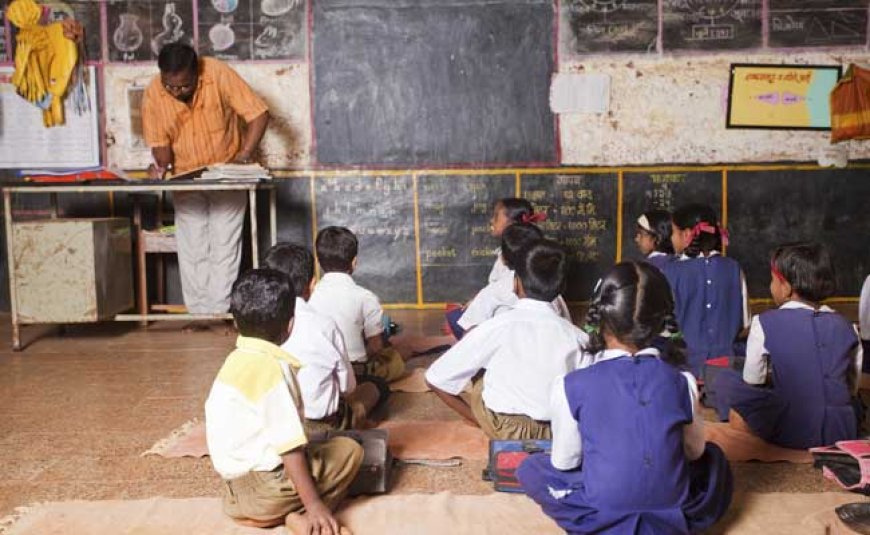Row Over Replacing Urdu With Sanskrit In Rajasthan Schools
The great schools merger in Rajasthan - shutting down smaller schools and sending its students to a bigger one - is still generating aftershocks in the state's education system. The latest one is over a government order replacing Urdu with Sanskrit.

Row Over Replacing Urdu With Sanskrit In Rajasthan Schools
In a significant development, the education sector in Rajasthan is witnessing an intense debate surrounding the proposal to replace Urdu with Sanskrit as a medium of instruction in schools. This issue has sparked significant discussions among educators, policymakers, and the community at large, reflecting broader social and cultural dynamics within the state.
The Proposal Explained
The Rajasthan state government, in an effort to promote Sanskrit as a vital part of Indian heritage, has put forth a recommendation to replace Urdu language classes with Sanskrit in various schools. This proposal aims to revive interest in Sanskrit literature and culture while integrating it into the mainstream educational framework.
Support and Opposition
While supporters of the initiative argue that Sanskrit is a rich linguistic treasure that deserves more prominence in the educational landscape, critics assert that replacing Urdu would undermine the rights of Urdu-speaking communities. They emphasize the importance of Urdu as a language of culture and communication, particularly among the minority groups in Rajasthan. This has led to heated discussions in local forums, schools, and with politicians addressing the implications of such a change.
The Socio-Cultural Implications
Language is often more than just a means of communication; it is a representation of identity and cultural heritage. For many Urdu speakers in Rajasthan, this proposed change may feel like a suppression of their linguistic identity. On the contrary, proponents believe that amplifying Sanskrit usage can foster a sense of national pride, tying back to ancient Indian traditions.
Community Reactions
Responses from the community have been mixed. Town hall meetings have been held to gather opinions on the matter, and social media platforms have turned into battlegrounds of opinion. Many urge the government to maintain a balanced approach that doesn't favor one language over another but instead encourages multilingual education. Organizations advocating for minority rights have raised concerns about the emotional and cultural ramifications this proposal might bring.
Future Prospects
As the debate continues, it remains to be seen how the Rajasthan government will navigate these turbulent waters. Stakeholders urge that any policy changes should be implemented with sensitivity and a clear understanding of the socio-political landscape. The role of language in education should be inclusive, promoting harmony among communities rather than division.
For more updates, visit dharmyuddh.com where we cover diverse topics related to education, culture, and social issues that impact our society.
News by dharmyuddh.com Keywords: replacement of Urdu with Sanskrit, Rajasthan schools language debate, Sanskrit education proposals in India, Urdu cultural identity in Rajasthan, educational policy changes Rajasthan, community reactions to language changes, promoting Sanskrit in schools, language issues in Rajasthan education, socio-cultural impact of language policies, multilingual education reforms in India.







